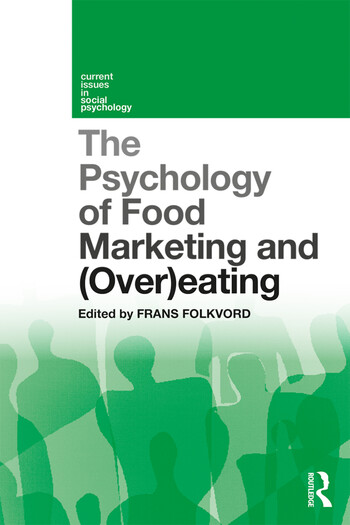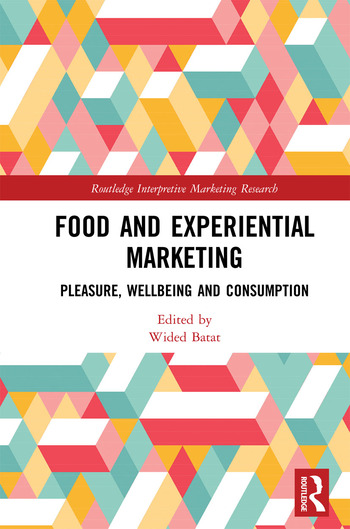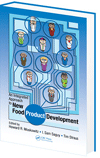Nope Springs Eternal

The Toronto report contended product failures often result from poor quality and design, as well as overestimating demand, poor pricing, incorrect positioning and misjudged communication efforts. Nevertheless, even for products that manage to avoid all of these pitfalls, the consumer renders final judgment. No matter how well planned, developed, marketed and stocked a new product is, even the best of products can wind up in the dustbin. Some semi-recent failures may well have been excellent products, just simply ahead of the curve. In the late 1990s, Nestlé Inc. delved into gut health with LC1 Probiotics and had the support of strong science behind the brand. However, it was long before most Americans even wanted to hear the words “gut health.” That product saw its last shelf in 2001. Nestlé is far from alone in releasing a product ahead of its time; Kellogg Co. and Campbell Soup Co. have a library of similar tales, as certainly do most companies.
It’s not as if such efforts were unique; gut health is now a major trend, part and parcel to a hoard of products launched this year in categories ranging from dairy to cereal to beverages. Campbell’s Intelligent Cuisine lasted barely 15 months in the mid-1990s, while Kellogg’s Ensemble failed to make its first birthday, but the notions of food to control blood pressure, cholesterol and diabetes long outlived these products and can be seen in hundreds of new products today. This year saw a host of such products promising to reduce consumers’ cholesterol levels and improve heart health, and the trend shows no sign of slowing. The new year has already seen researchers in India announce the development of a low-cholesterol ghee, and Wal-Mart Stores Inc. plans to ballyhoo the healthy attributes of certain of its food products that are low in cholesterol, sodium or added sugar with a “Great For You” icon on the package.
So, even this year’s less-successful products could reflect a future trend, and some so-called failures might signal opportunities. pf
Looking for a reprint of this article?
From high-res PDFs to custom plaques, order your copy today!






